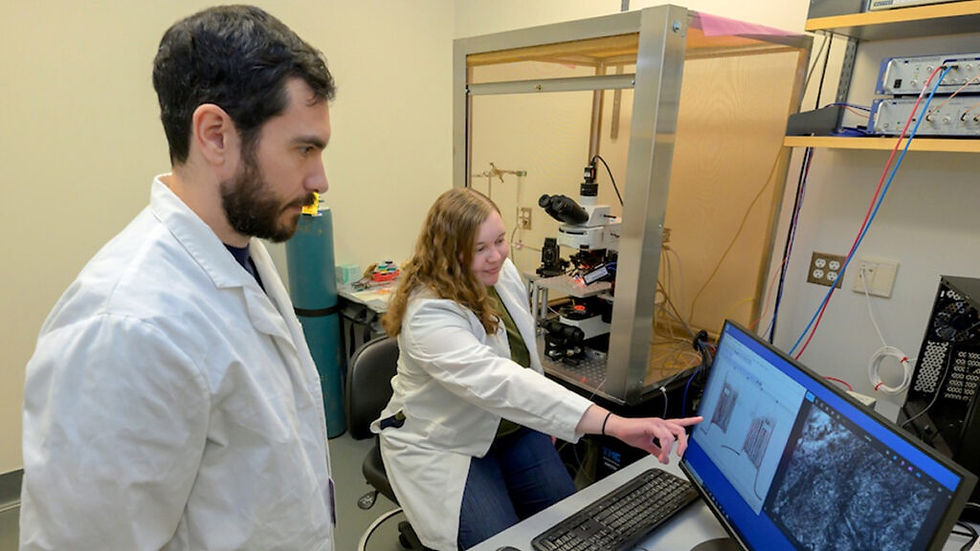Using animals in infectious disease research – EARA feature
- Gege Li
- Nov 13, 2023
- 1 min read

EARA has published a new feature article on the role of animal research in the understanding and treatment of a range of infectious diseases, with examples of research studies from around the world.
Although Covid-19 is the most memorable outbreak of an infectious disease in recent times – during which animals such as monkeys were vital to the rapid rollout of vaccines – many other diseases such as malaria, tuberculosis and Ebola have also benefited from animal studies.
This also applies to diseases that consistently affect the population, such as influenza and pneumonia, and here animal research is playing an important role in monitoring and controlling outbreaks. For example, sheep, ferrets and eggs from chickens are being used to produce new flu vaccines as they are needed.
The feature explores these breakthroughs and other important improvements in human health.
It also highlights how animal research has served to treat infectious diseases that affect animals, such as livestock, as well as the non-animal alternatives that are helping to replace and complement certain areas of animal research in this field.



